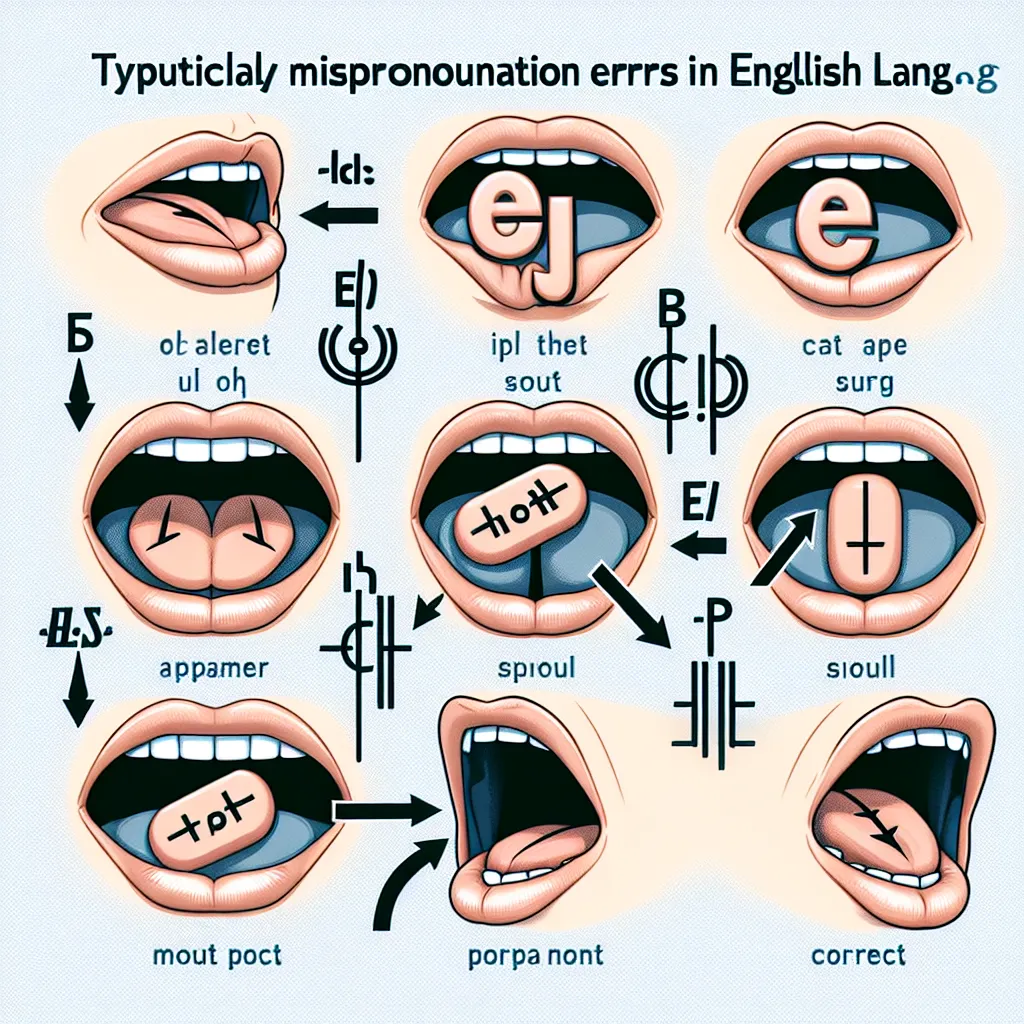Are you looking to improve your English pronunciation? Clear and accurate pronunciation is crucial for effective communication in English. Whether you’re a beginner or an advanced learner, mastering pronunciation can significantly enhance your language skills. In this comprehensive guide, we’ll explore essential Pronunciation Tips For Clear English, helping you speak with confidence and clarity.
Understanding the Importance of Clear Pronunciation
Clear pronunciation is the foundation of effective communication in English. It helps you:
- Be easily understood by native and non-native speakers
- Avoid misunderstandings and confusion
- Boost your confidence in speaking English
- Improve your listening skills
- Enhance your overall language proficiency
Key Concepts in English Pronunciation
To improve your pronunciation, it’s essential to understand some fundamental concepts:
- Phonemes: The individual sounds that make up words
- Stress: The emphasis placed on certain syllables or words
- Intonation: The rise and fall of voice pitch in speech
- Rhythm: The pattern of stressed and unstressed syllables
 English Pronunciation Concepts
English Pronunciation Concepts
Common Pronunciation Challenges
Many English learners face similar challenges when it comes to pronunciation:
- Distinguishing between similar sounds (e.g., /θ/ and /ð/)
- Mastering word stress patterns
- Producing unfamiliar sounds not present in their native language
- Adapting to the natural rhythm of English speech
Effective Methods for Improving Pronunciation
To enhance your pronunciation skills, consider the following methods:
1. Listen and Repeat
One of the most effective ways to improve pronunciation is through active listening and repetition. Try these techniques:
- Listen to native speakers in various contexts (news, podcasts, movies)
- Use pronunciation apps or websites with audio examples
- Record yourself and compare your pronunciation to native speakers
2. Practice Minimal Pairs
Minimal pairs are words that differ by only one sound. Practicing these can help you distinguish between similar sounds:
- “Ship” vs. “Sheep”
- “Think” vs. “Sink”
- “Van” vs. “Fan”
3. Focus on Stress and Intonation
Proper stress and intonation are crucial for clear English. Try these exercises:
- Mark stress patterns in multi-syllable words
- Practice emphasizing content words in sentences
- Use rising and falling intonation for questions and statements
4. Use a Mirror or Record Yourself
Visual and auditory feedback can be incredibly helpful:
- Watch your mouth movements in a mirror
- Record yourself speaking and listen for areas of improvement
- Use speech analysis apps to visualize your pronunciation
Quick Tips for Improving English Pronunciation
- Slow down: Speaking more slowly allows you to focus on individual sounds and stress patterns.
- Exaggerate mouth movements: This can help you produce clearer sounds.
- Practice regularly: Consistency is key in improving pronunciation.
- Learn the International Phonetic Alphabet (IPA): This tool can help you understand and produce sounds more accurately.
- Use online resources: Websites like Pronunciation Tips for Effective English Communication offer valuable guidance.
Common Pronunciation Errors and How to Fix Them
Here are some frequent pronunciation mistakes and tips to correct them:
- Th-sound: Practice placing your tongue between your teeth for /θ/ and /ð/ sounds.
- Silent letters: Be aware of words with silent letters, like “knife” or “listen.”
- Word endings: Pay attention to pronouncing word endings, especially -ed and -s.
- Vowel length: Practice distinguishing between long and short vowel sounds.
- Consonant clusters: Break down and practice difficult consonant combinations.
 Common Pronunciation Errors
Common Pronunciation Errors
The Phonemic Chart and Commonly Mispronounced Words
Understanding the phonemic chart can greatly aid your pronunciation journey. Here’s a simplified version:
[Insert simplified phonemic chart here]
Now, let’s look at 10 commonly mispronounced words related to clear English:
- Pronunciation (/prəˌnʌnsiˈeɪʃən/)
- Comfortable (/ˈkʌmftəbəl/)
- Thorough (/ˈθʌrə/)
- Colleague (/ˈkɒliːɡ/)
- Hierarchy (/ˈhaɪərɑːki/)
- Worcester (/ˈwʊstər/)
- Choir (/ˈkwaɪər/)
- Epitome (/ɪˈpɪtəmi/)
- Facade (/fəˈsɑːd/)
- Niche (/niːʃ/ or /nɪtʃ/)
Practice these words regularly to improve your pronunciation of challenging sounds and stress patterns.
Conclusion
Mastering clear English pronunciation is a journey that requires patience, practice, and persistence. By understanding key concepts, using effective methods, and being aware of common errors, you can significantly improve your pronunciation skills. Remember to practice regularly and don’t be afraid to make mistakes – they’re an essential part of the learning process.
For more in-depth guidance on specific aspects of English pronunciation, check out our article on Tips for Clear Pronunciation in English Conversations. Keep practicing, and you’ll soon notice a remarkable improvement in your English pronunciation!




